At some point in the past, it was a very popular and efficient program allowing foreign nationals to become US citizens through service in the U.S. Military: Army, Navy, Airforce, Marines and National Guard.
In a video, the American Immigration Lawyers Association (AILA) and immigration attorney Margaret Stock share the most recent developments. Since fall 2016, the MAVNI program is effectively being shut down. There are numerous delays in naturalization (currently, NSC official processing time is two years!), applicants are facing additional and retroactive requirements. In many cases, USCIS started doing a second round of security background checks, even for those applicants who were already approved. There have been reports of applicants being denied because they had a certain foreign relative living abroad (of course, foreign recruits would have foreign relatives -- they are foreign nationals!). There have been reports of U.S. citizens (former MAVNI recruits) being denied promotion in the military because they are naturalized citizens.
Presently, the US Department of Defense requires all applicants to be "in a lawful immigrant status" when they go to the basic training, and if not in a lawful status, they are required to apply for "deferred action" through USCIS, which is often denied. Atlanta, Georgia is noted as one of the jurisdictions with the most denials. DACA program is a form of a deferred action, which is accepted into this program, as well.
Briefly in-Russian:
Программа получения американского гражданства через военную службу, MAVNI program, претерпевает огромные изменения в сторону ужесточения правил (проводятся проверки "задним числом" уже после утверждения). К заявителям на американское гражданство через военную службу теперь предъявляются "новые" требования. Как говорят адвокаты, начали проводиться дополнительные расследования - в том числе тех, кого уже утвердили.
Иммиграционные адвокаты делятся статистикой отказов (множество отказов из Атланты, Джорджия). Адвокаты приводят примеры того, как их клиенты получили отказ по причине наличия определенных "близких родственников" за пределами США, которые не являются гражданами США. Ну конечно у них будут такие родственники - ведь суть этой программы в том, чтобы дать возможность получения гражданства США иностранными гражданам, и само собой, у них еть родственники за границей!
Сроки ожидания гражданства через службу в армии (по статистике из иммиграционного центра в Небраске) в настоящий момент составляют 2 года.
Адвокаты, специализирующиеся в натурализации через воинскую службу, предсказывают увеличение количества судебных исков от рекрутов как результат отказа или задержек в рассмотрении заявлений на натурализацию.
Министерство обороны США с осени 2016 ввело новое требование к рекрутам: теперь они требуют, чтобы заявитель был в "легальном статусе", и отсюда вытекающее новое требование получить статус deferred action, которое USCIS нередко отказывают. С точки зрения права, это требование не имеет смысла, так как deferred action не дает никакого легального статуса человеку, находящемуся в США после истечения статуса (визы), а только определенную и небезграничную защиту от депортации.
В целом, анализ заставляет задуматься о том, что возможно в будущем программа MAVNI будет аннулирована или станет непрактична или нереалистична для большинства рекрутов, желающих таким образом получить американское гражданство.
Вы можете посмотреть официальное видео от Американской ассоциации иммиграционных адвокатов, датированное 30 марта 2017 на youtube.




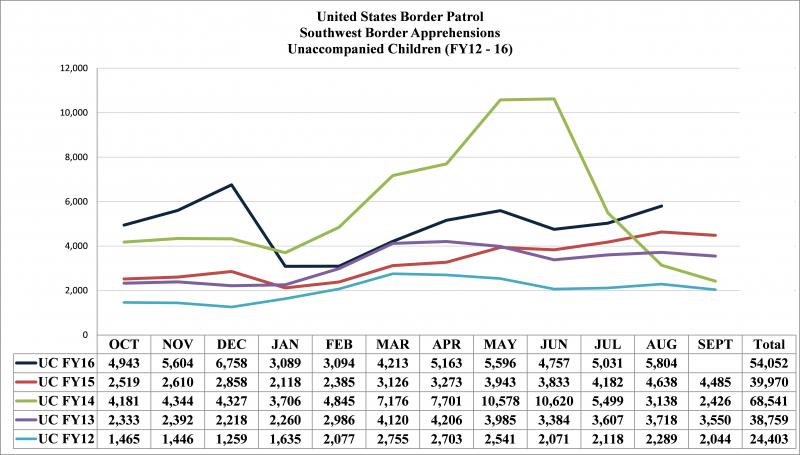
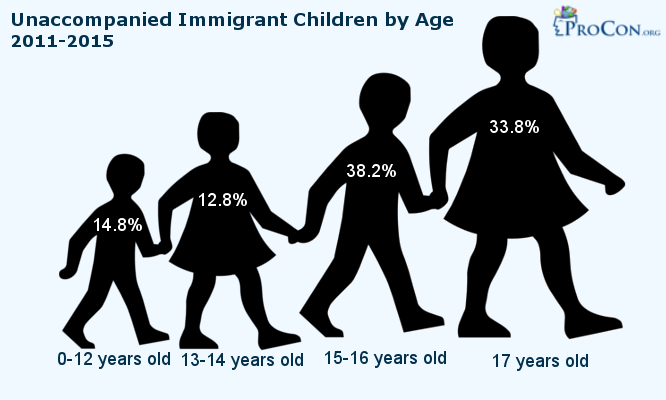

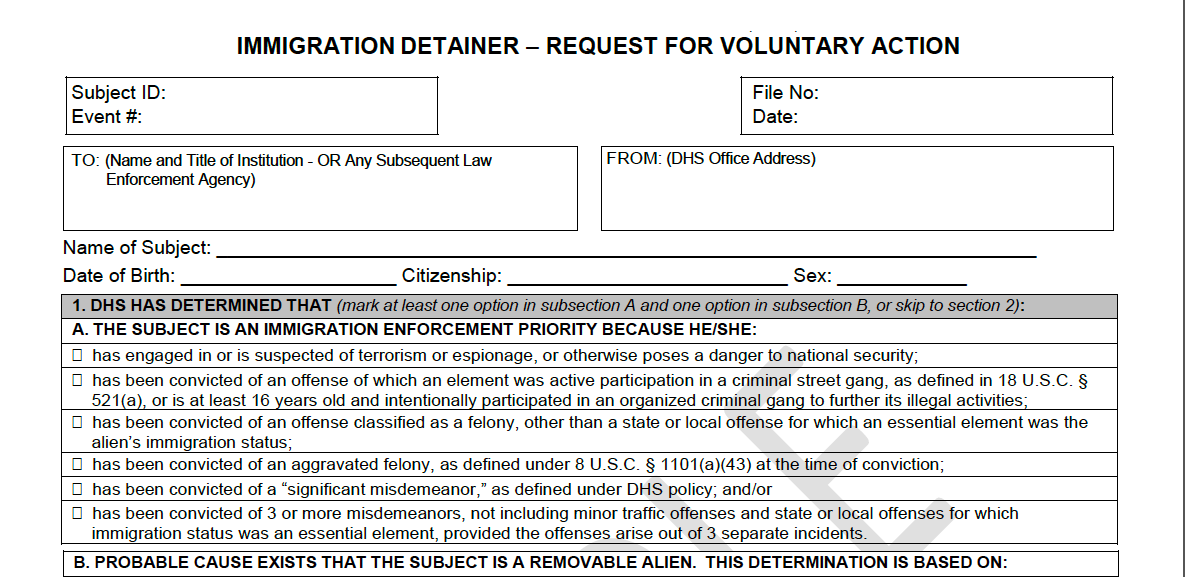

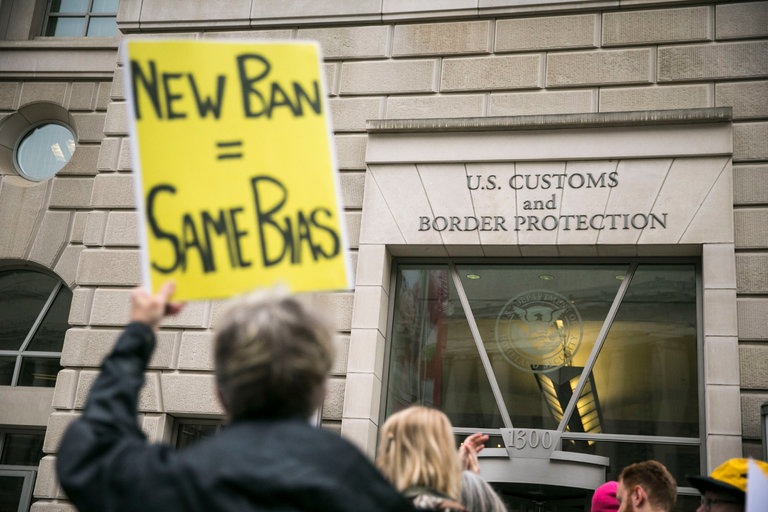
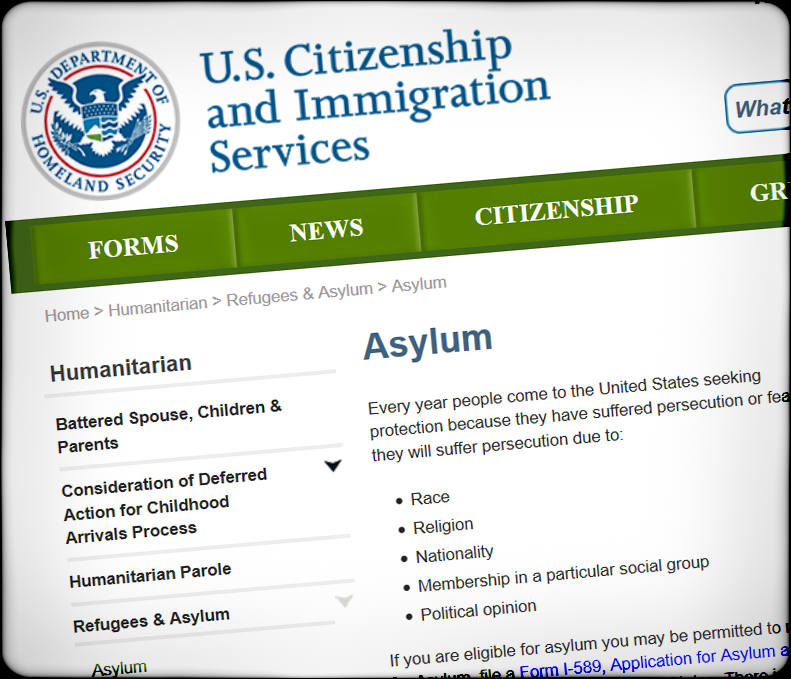
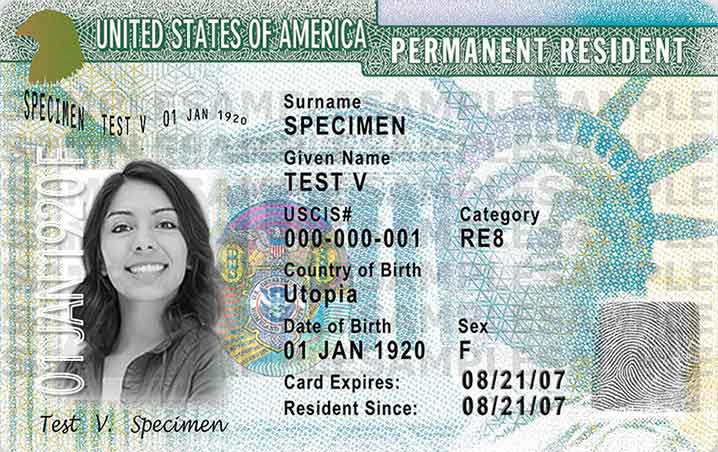

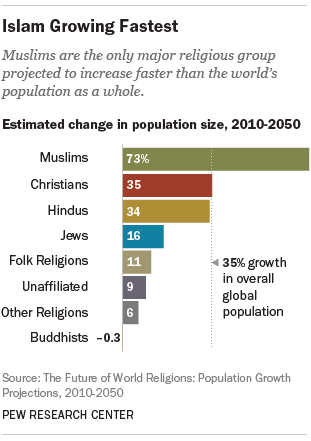
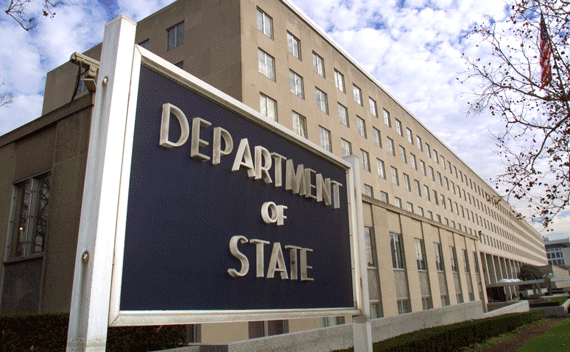
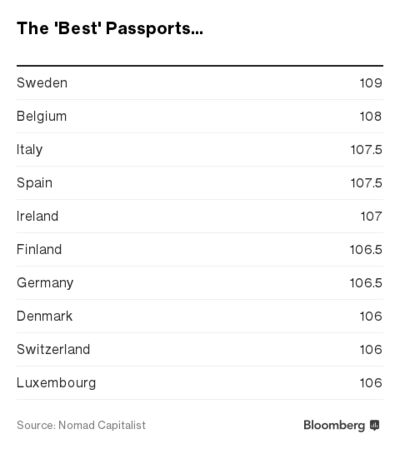

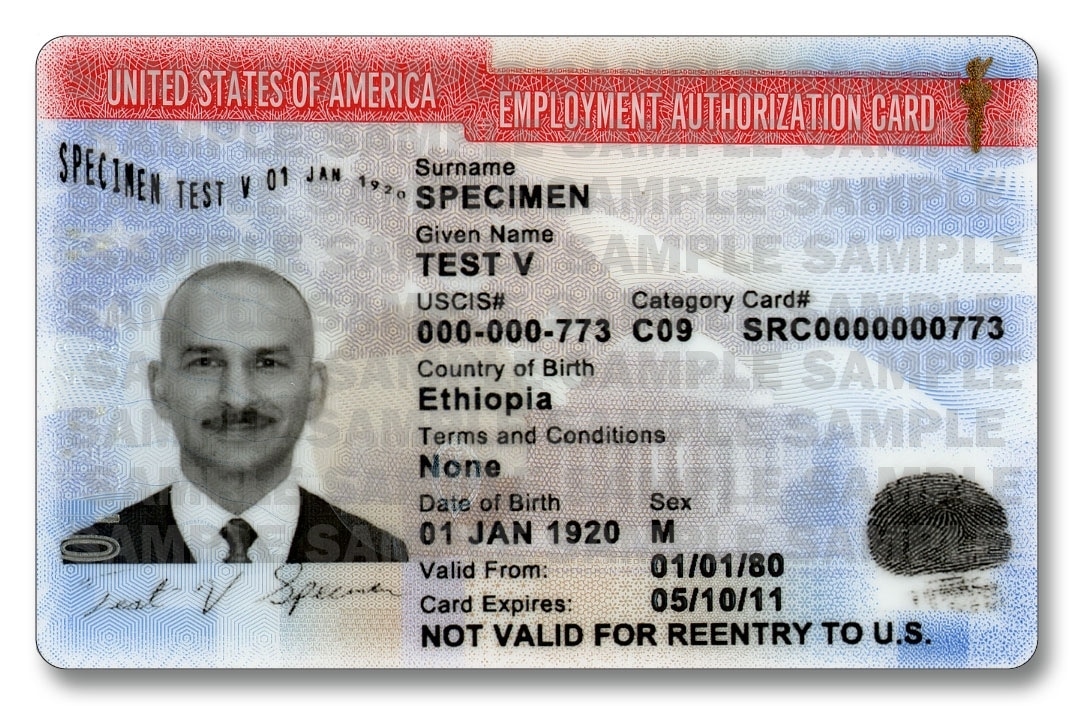

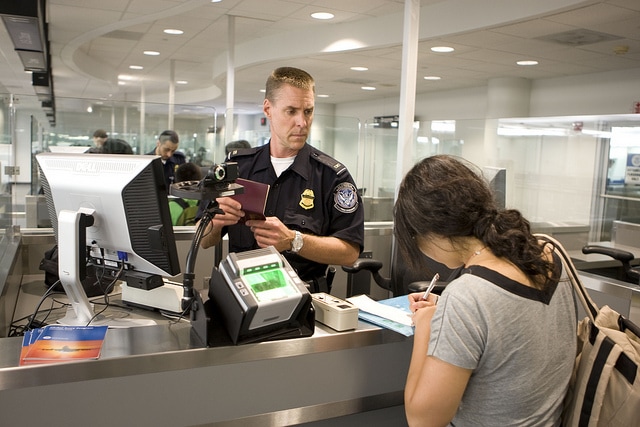
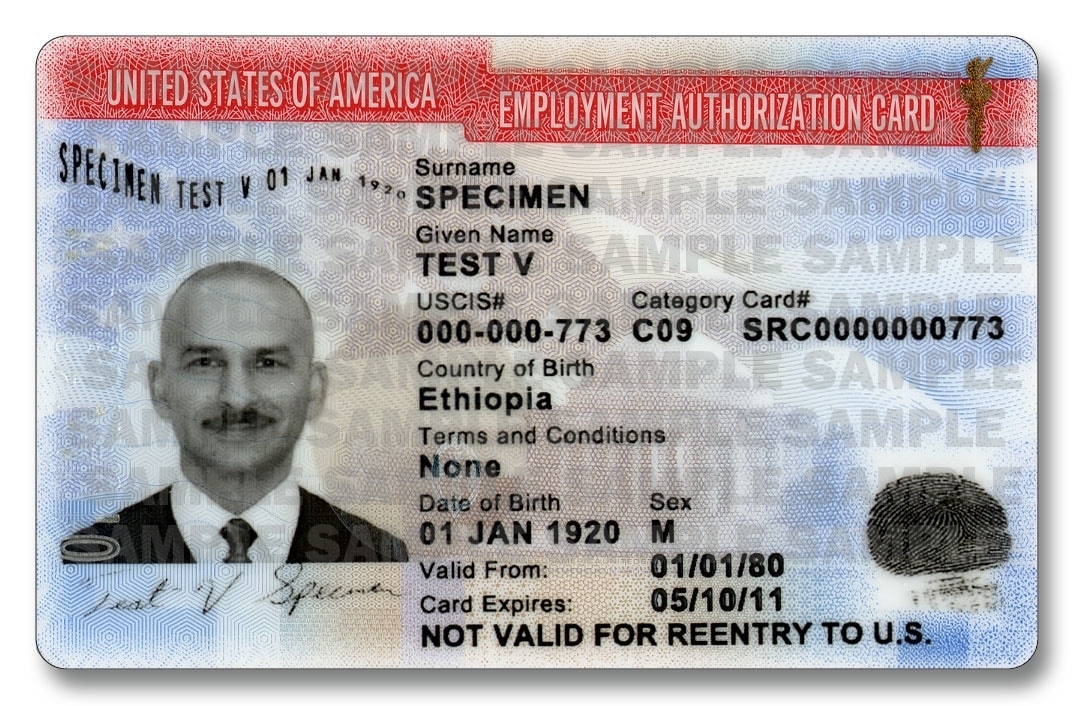

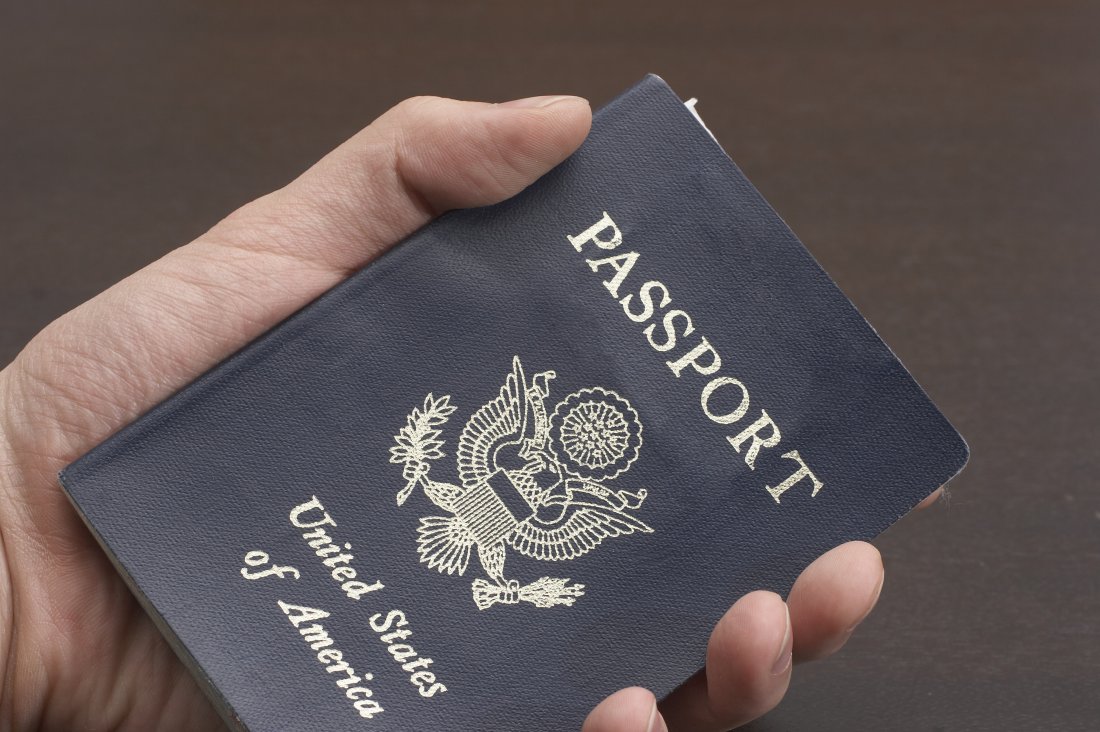

 RSS Feed
RSS Feed